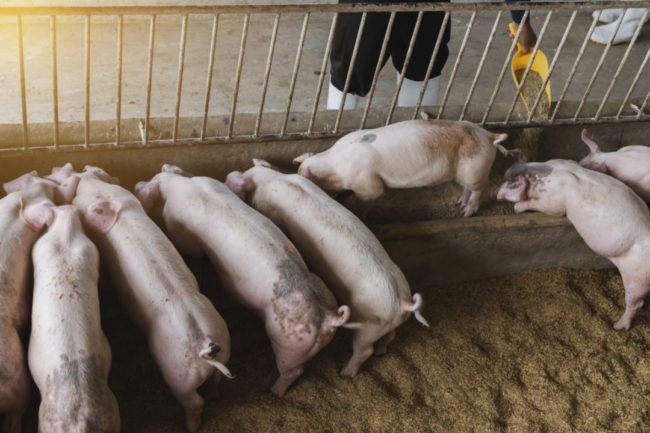WASHINGTON – Following the notice of a trade mission to the Philippines, The National Pork Producers Council (NPPC) announced it would work with the Foreign Agricultural Service (FAS) on a project to help the fight against African swine fever (ASF).
Leaders from the Philippine Department of Agriculture and the Minnesota Department of Agriculture will start the project focusing on risk assessment to support safe trade of US pork products in the Philippines.
“NPPC is proud to have worked with the Philippine government, US government, and the University of Minnesota to see this grant proposal to the finish line,” said Terry Wolters, president of NPPC. “Creating international partnerships provides further safeguards to keep American agriculture safe from foreign animal disease so US pork producers can continue to provide consumers in both countries with safe and affordable pork products.”
In recent years, the Philippines dealt with ongoing ASF outbreaks and continues to seek better ways to control the virus which ties into food price inflation.
NPPC said it worked with the Philippine embassy to determine the needs of the government and producers’ ASF outbreak management.
The association’s international affairs team partnered with the University of Minnesota to develop a proposal for government assistance which FAS agreed to for both the Philippines and Vietnam.
“The knowledge to be gained from the program is a win-win for both countries as it will help us better understand how to prepare, prevent and mitigate a potential ASF outbreak,” said Andres M. Perez, DVM, PhD, professor, Department of Veterinary Population Medicine at the University of Minnesota. “Assisting other countries to implement control measures that reduce the spread of the disease simultaneously limits the risk to the US pork industry.”
Perez also directs the university’s Center for Animal Health and Food Safety (CAHFS).
The new program will also include workshops for provincial officers and intense in-person training of fellows identified by the Philippine Department of Agriculture. Asynchronous training will also be available for participants on material developed and delivered in advance of the workshops.
“NPPC wants to thank USDA for funding this program and their broader commitment to prevention and preparedness against ASF and other foreign animal diseases,” Wolters added. “This program ties in well with the $500 million committed by USDA for ASF preparedness and prevention and the recently launched USDA Borlaug Fellowship Program aimed at developing quick and affordable testing kits for African swine fever and other transboundary animal diseases.”


